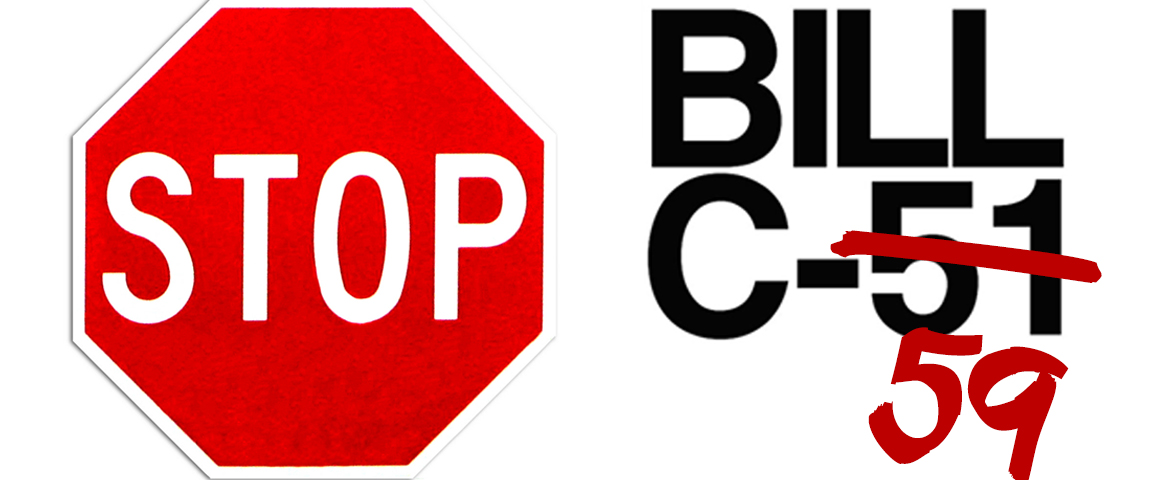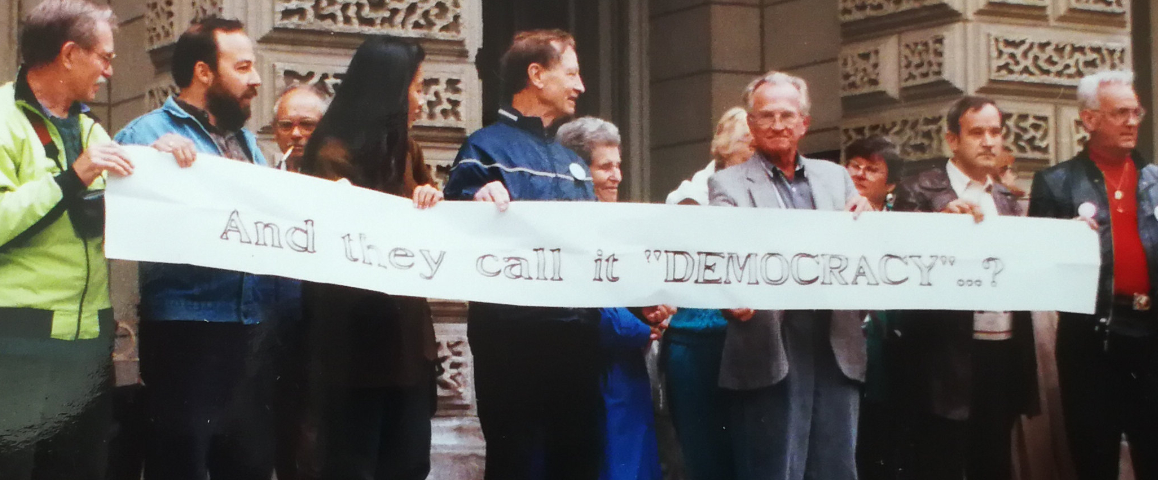One key factor in the defeat of Stephen Harper’s Tories was popular outrage against Bill C-51, the legislation which vastly expanded the powers of policy and spy agencies. Despite voting for C-51 in Parliament, Justin Trudeau’s Liberals convinced many people that once in office, they would remove the worst aspects of the legislation as part of a “return to sunny days.” Two years later (and counting), this is yet another Liberal broken promise.
With little media scrutiny, for example, the Liberals have pushed through Bill C-23, which replaces the federal “Preclearance Act” by a new statute which gives much wider powers to U.S. preclearance officers acting within Canada. Among other shocking problems, the bill expands the sharing of private information with US government agencies which have no respect for the privacy of Canadian workers and travellers.
Meanwhile, Bill C-59 is racing through Parliament, containing 150 pages of legislation which shocks privacy experts and civil liberties groups by expanding spying powers. OpenMedia, for example, says the bill would give Canada’s spy agencies dangerous cyber capabilities. With little or no public awareness, the Liberal government proposes to give “our” spies (like CSIS and the CSE, Canada’s version of the US National Security Agency) the green light to engage in hacking, disseminate false information, collect malware, influence foreign elections, suppress online news, and even block messaging apps. A 90-page report from the Citizen Lab based at the Munk School of Global Affairs raises a wide range of deep concerns, pointing out that under C-59, the CSE will be limited “only by their imagination” in coming up with new cyber attacks and espionage campaigns.
The next federal election is a year and a half away, but it’s time right now to ring the alarm about Liberal attacks on civil rights and democracy.




